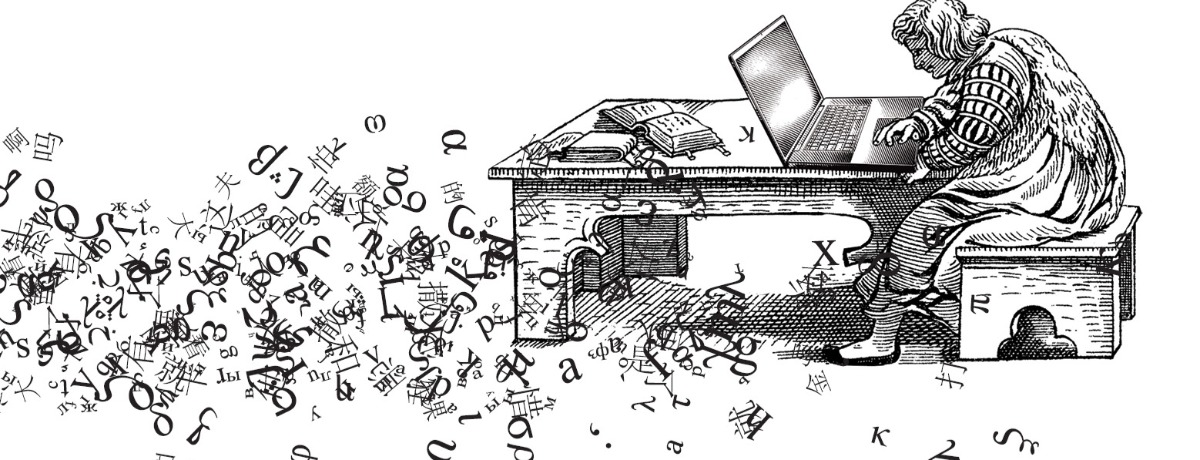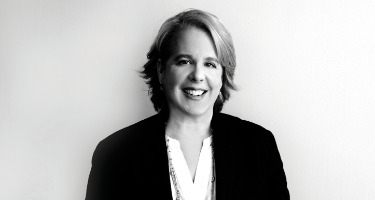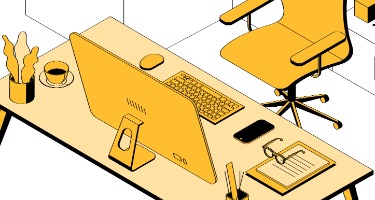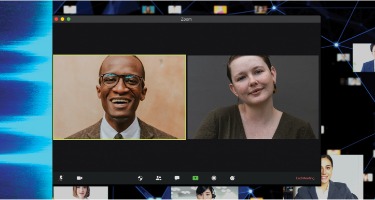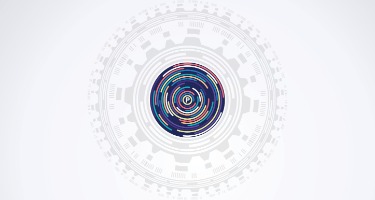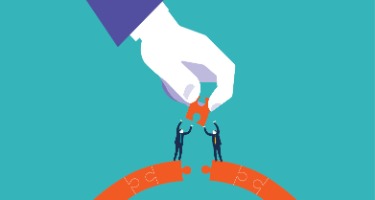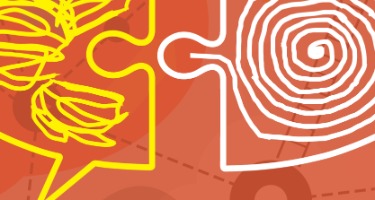Kyle Sears has engaged in business all over the world, navigating cultures and languages in his professional capacity. However, like many lawyers, he has never dealt directly with handling e-discovery in any language other than English. He admits that he has no idea how he would. His first inclination: “Use Google Translate.”
E-discovery is the process by which a lawyer searches electronic documents and data for potential use in a case. They might be Word documents, PDFs, emails, spreadsheets, images, databases, or a host of other file types—potentially millions of words to sort through. Discovery can include looking at the metadata of electronically stored files, if it’s relevant. This would tell you, for example, when a particular file was created and what its origins are.
Wrangling all these documents can be tricky, and if any or all of the data is in a language other than English, the difficulty increases exponentially. It’s not just a matter of translation—it’s a matter of keeping the translations paired with the original files. Multilingual e-discovery is both a language challenge and a management challenge.
Attorneys themselves rarely handle e-discovery decisions, says Jerry Wish, general manager of Lionbridge Legal. Lionbridge Legal is a legal translation firm working under the larger umbrella of Lionbridge Technologies, a Waltham, Massachusetts–based technology and localization company that operates 55 offices in 26 countries across the globe. Wish has seen a change in recent years when it comes to discovery in a foreign languages. As firms automate and streamline, the responsibility of handling discovery is “gradually shifting to litigation support, project managers, and legal administrators,” he says. However, these aren’t always the same people making the firm’s translation purchasing decisions, and this can cause some confusion.
Lionbridge is one of the largest language service providers in the world, and like many others that offer corporate-level translation services, Wish’s division handles quandaries regarding multilingual e-discovery. “What’s great about e-discovery technology is it makes it easier for counsel to identify, collect, and produce discovery documents, but if the tool you use only does this for English, the work’s not complete,” he says. “That’s why the first best practice any firm should deploy is to bring together those language and collection steps.”
"Multilingual e-discovery is both a language challenge and a management challenge."
Providers can integrate with technology that firms might already be using, Wish notes. “Managing discovery in multiple languages may seem intimidating—translated documents mean two files to manage instead of one—but if you work with the right technology and coordinate efforts between the personnel who manage e-discovery and who buy translation, it doesn’t have to be.”
Indeed, language service providers increasingly tackle translation by adding technology to the mix. Translation tools and related tech, such as optical character recognition, are employed behind the scenes in a number of ways. “If your business wants to handle higher volumes, gain cost efficiencies, and drive high quality, tools are an absolute must,” says Lee Densmer, senior content marketing manager at RWS Moravia, another worldwide language service provider.
One common practice, for example, is using translation memory to leverage previously translated text. This way, firms avoid paying for the same translation twice. The system remembers and automates previously human-translated content, so professional translators are tasked only with translating words and sentences that the system doesn’t already have on file. This saves them time—and thus saves firms money.
Translation memories also form the building blocks of many machine translation engines—those like Google Translate, in fact, which studies the way humans have translated text and makes predictions based on what it learns.
The instinct to use something like Google Translate is not, technically speaking, misplaced. Google Translate runs on sophisticated neural machine-translation algorithms, and sophisticated machine translation is actually a viable option for multilingual e-discovery—it tends to be cheaper than traditional translation by at least a few cents per word, and when you’re dealing with large amounts of text that may or may not be useful, it’s a good way to get the gist of what’s there. “If opposing counsel has sent over thousands of documents and you go to trial next week, you may want to machine translate first in order to get a quick summary or overhead view of what the documents are about, then decide which need expert human review in order to perfect those translations,” Wish says. However, this is useful for generalities only, because even the best machine translation is prone to error. You’ll certainly want expert human translation “if you know beforehand that this file is going to be that essential Exhibit A that the entire case will hinge on,” he adds. “It’s not a question of price so much as of finding value: How do firms balance cost, efficiency, and time?”
Does this mean aspiring young legal minds like Kyle Sears can use Google Translate after all? Not exactly. Even aside from accuracy issues, free machine translation has limitations. Google Translate, specifically, has no privacy settings—the data you input can be stored and used by Google, according to its terms of service. In cases where discovery is confidential, using a free service like Google Translate would be illegal.
Google Translate is also a general translation engine, meaning it doesn’t necessarily take context into account when it looks at how words have previously been translated. It runs on statistics. Auto might get translated like automatic rather than automobile if the engine has encountered more instances of the former. However, proprietary machine-translation engines can be trained by language service providers to cover specific domains and topics.
Perhaps most importantly, managing and keeping track of translations is not something free translation engines are able to do, and this can be the real crux of the challenge when there are a lot of words involved.
The more words there are, the more management oversight is needed, as evidenced by a project Lionbridge recently completed for an automotive supplier. The project covered more than 10 million words in Japanese. “In the sort of cases that can hinge on a single word, that’s a lot of room for error if managed incorrectly,” Wish says. Lionbridge screened each file for duplication and near-duplication, and processed essential government documents, he adds, “since the DOJ played a role in the case.”
Streamlining and automating the e-discovery translation processes proved crucial. Wish says it “brought precision to what, prior to technology-enabled translation, would have been an inefficient, error-prone process with the manual handling of thousands of multilingual documents.” Instead, he notes, using correct project management, as well as linguistic technology like translation memories, saved the client more than $500,000.
Finding a language service provider that fits your firm’s needs, and managing appropriate workflows alongside it, are keys to ensure that Kyle Sears, and everyone like him, can successfully accomplish multilingual e-discovery.
Katie Botkin is a freelance writer and the managing editor of MultiLingual magazine, which ships to 87 countries and covers the language service industry.
